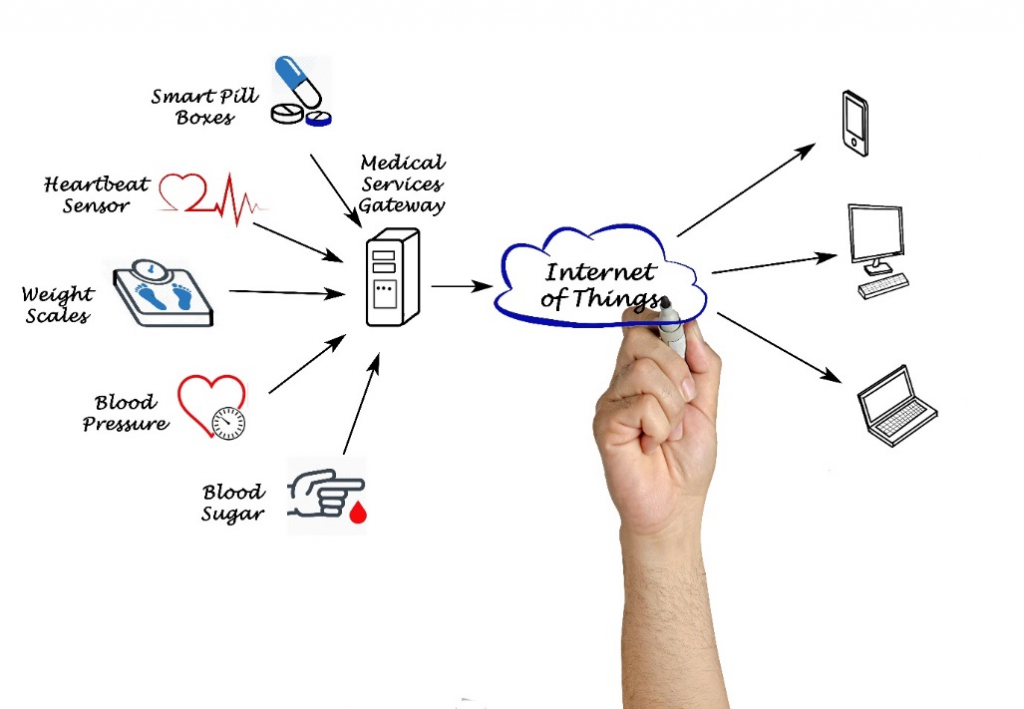Patient profile for remote health services
Proper and successful treatments and activities within healthcare facilities are bonded to the reliable identification of patients. How can we ensure that the correct patient identity is provided and that the right treatment is received? How could IoT solutions help doctors and facilitate the health status check of patients at home?
Patient Profile coming from the fridge?
The increasing use of smart devices and consumer IoT services in users’ homes and personal lives leads to a better awareness of their situation and health condition. For example, a smart fridge can detect whether the user buys fresh food on a general basis and a smartwatch can record whether he or she exercises frequently. These inputs help to create a healthy habits profile to improve user life quality. In the scope of the Concordia project, we are looking at existing consumer IoT medical solutions, connecting them to the home area network, securely storing recorded data, and transferring these data to doctors and hospitals. The health-related data with other information coming from fitness trackers can be combined to create a patient profile to help doctors to suggest improved patient treatments.

How to identify patients at home?
Patient identification is a critical topic in the healthcare process as there could be significant consequences if a mistake occurred. Wrong medication, transfusion, testing, or procedures, which can harm or threaten a patient’s health or life are caused by failure to correctly identify patients.One of the considerable challenges we have been investigating in the Concordia project is the way to identify patients at home as well as to share patient data with doctors or hospitals. Since society ages, more and more patients are needing medical care in the home area. Therefore, is important to assure that patients’ data are securely stored, securely shared with doctor or nursing centers and that patient digital identification is secured. As a part of the digital identity of the patients in the e-health pilot of the project Concordia and due to the worldwide pandemic caused by the Covid-19 virus, vaccination certificates are considered together with patient health cards for patient identification.
The large diversity of needs in a home-based patient population requires complex technology, more regulations, and a high level of cybersecurity, especially for patient identification. Together with universities and industrial partners, we are focusing on building a strong competence network to bring many benefits that will promote Europe’s digital sovereignty, boost security and improve quality of life.
(By: Anja Majstorovic, eesy-innovation GmbH)
